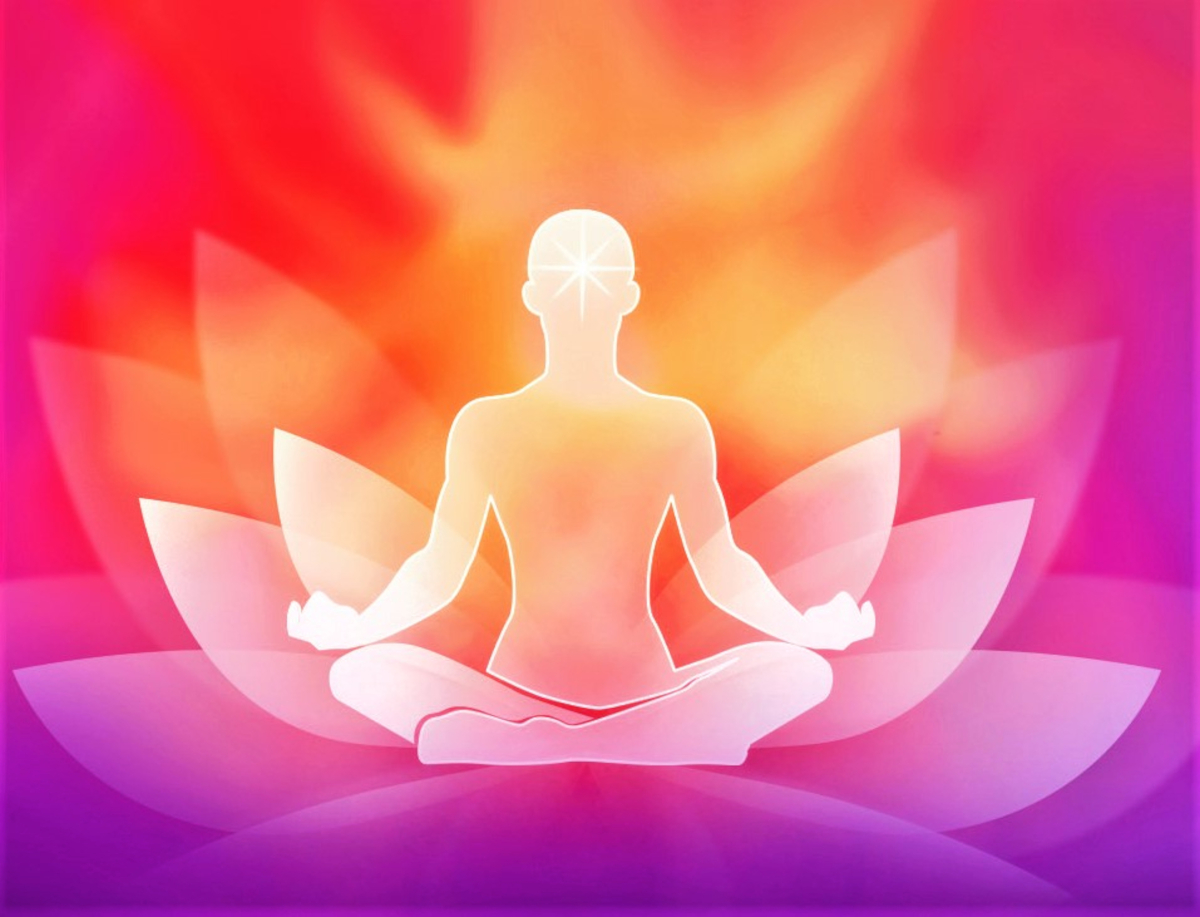
Upward mobility is defined as movement towards a higher social position, usually in which you become wealthier. A lot of people wish to be upwardly mobile, to improve the quality of their life, social status, and financial security.
Education is one means by which many people try to improve their lot and that of their family. They burn the midnight oil, studying hard to earn good grades so as to qualify for well-paying jobs. Others start a business and toil at it, saving their earnings and investing them to enhance their income. A few are blessed with an exceptional talent, or are simply lucky to find a golden goose, which brings them untold riches, transforming their life.
When their financial position improves, most people are content to live a comfortable life free from the deprivations of the past. Some others, however, yearn for a higher social status. They want to be noticed, acknowledged, and respected for their upgraded economic status. They may move to an upscale neighbourhood, buy an expensive car, or patronise the arts in order to gain more respect in society.
In some cases, newfound wealth can lead to undesirable consequences, such as a nouveau riche lifestyle that attracts scorn. Can it be called progress if we thrive financially but then start living in a way that invites disapproval?
True upward mobility is not about climbing the social ladder; it is raising the level of our consciousness so that we rise above selfishness, fear, anger, and other weaknesses that limit and burden the soul, causing sorrow.
The first step in the upward mobility of the soul is to know, remember, and then live with the awareness that we are immortal souls, not perishable bodies. We are sentient beings of light living in the body, lending it life and functioning through it. It is the soul that thinks, feels, and acts through the physical medium of the body. The soul never dies. It simply leaves one body, causing the latter’s death, to begin a new life in another body. All that the soul experiences in life is the result of its thoughts, words and actions – the higher their quality, the happier life is.
Purity, peace, love, and happiness are natural qualities of the soul, that is why we like experiencing them. On the other hand, anger, greed, ego, lust, and attachment are vices that distort our perception, pollute our thoughts, and bring sorrow. When we live by our innate qualities, there is joy and bliss, which we can share with others. All souls, after all, are our brothers, as we are all children of the one Father, the Supreme Soul.
Knowing, accepting, and living by these truths elevates the quality of our life. When the soul recognises itself and its Father, and communes regularly with Him by thought, His abundant virtues and powers flow into the soul, cleansing and empowering it, further raising its quality.
This is true upward mobility, when we rise above the limitations and deceptions that come from identifying the self with the body and its labels of gender, nationality, race, religion etc. The soul that has freed itself in this way is able to see other members of the human family as its brothers, and serve them selflessly as an instrument shining the Father’s benevolent light on its spiritual kin.
B.K. Sheilu is a Rajyoga teacher at the Brahma Kumaris headquarters in Mount Abu, Rajasthan.